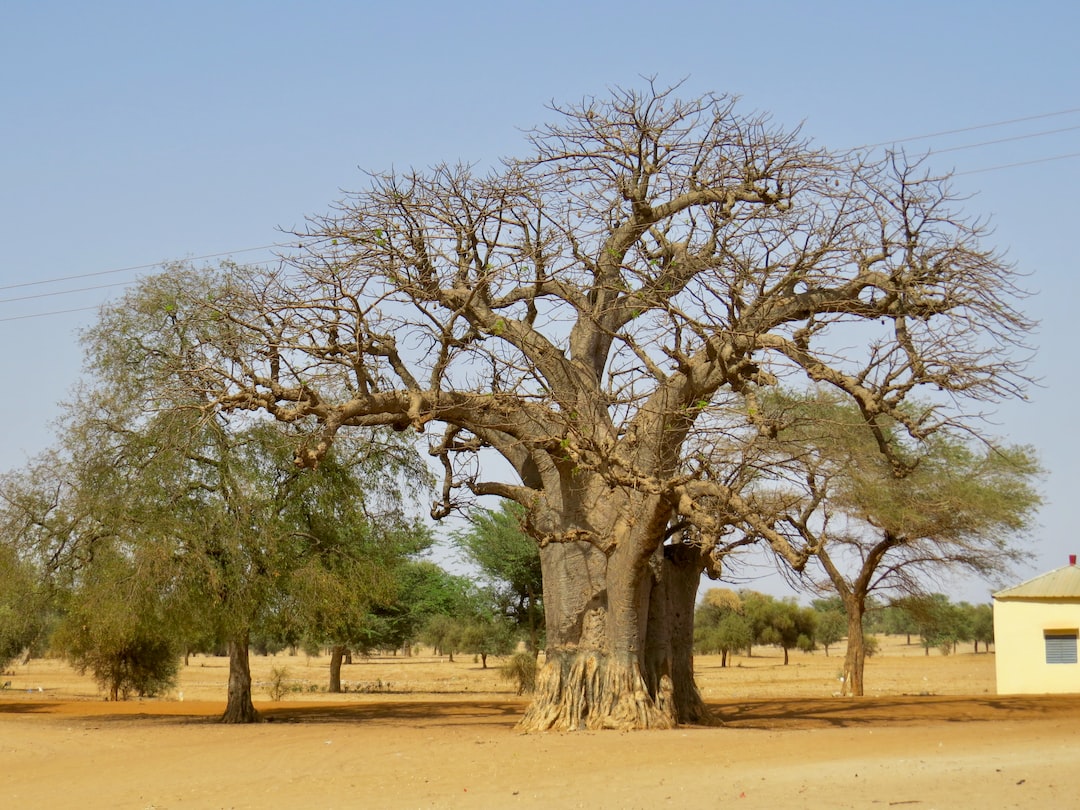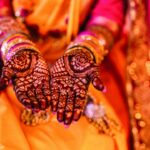Are you looking to add a unique touch to your wedding day? Senegalese wedding traditions are an excellent way of bringing something special and unexpected into the mix. From pre-wedding ceremonies, through the big day itself, all the way up until after the event is over – there’s plenty for couples and their families to explore when it comes to traditional Senegalese customs. Let’s take a look at some of these amazing rituals. We’ll cover everything from pre-wedding celebrations like ‘Dossoffo Ceremony’, right through Wedding Day Traditions such as ‘Gri Gri Dance’ and Post-Wedding Traditions including ‘Mariage à la Mode’. All this plus more awaits in our comprehensive guide on senegalese wedding traditions – so what are you waiting for?
Senegalese Wedding Traditions
Pre-Wedding Traditions
In Senegal, pre-wedding traditions are an important part of the wedding process. Couples should understand these customs before their wedding day.
The first step in a Senegalese wedding is the proposal and engagement ceremony. This involves the groom’s family asking for permission from the bride’s family to marry her. After this request is accepted, gifts are exchanged between both families as a sign of goodwill and commitment to each other.
Next comes dowry negotiations, which involve discussing what items will be given by the groom’s family to the bride’s family as part of their marriage agreement. These items can include money, jewelry, clothing or furniture depending on what has been agreed upon by both sides beforehand. The dowry must be paid in full before any further steps can take place in order for it to be considered legally binding.
Finally, there is a payment of a bride price which must also be made before any other steps can take place in order for it to be considered legally binding as well. This payment is usually made by the groom’s family and consists of either cash or livestock such as cows or goats that will go towards providing for his new wife and her future children if they have any together down the line.
Pre-Wedding Traditions are an important part of a Senegalese wedding and involve several rituals that help bring the two families together. Now, let’s take a look at the traditions on the big day itself.
Wedding Day Traditions
On the wedding day, Senegalese couples typically have a procession to the groom’s house. This involves family and friends of both parties joining in a festive parade from the bride’s home to that of the groom. The participants are often dressed in colorful traditional clothing and accessories, such as long flowing gowns or robes for women and embroidered shirts with matching trousers for men.
The exchange of vows is an important part of this tradition. During this ceremony, the couple will pledge their commitment to each other before their families and friends. They may also exchange gifts as symbols of their love and devotion towards one another.
Traditional Clothing and Accessories play an important role on wedding days in Senegal. Women usually wear brightly colored dresses or skirts with elaborate headdresses made from cloth or beads while men don traditional embroidered shirts with matching trousers known as boubous which can be worn over jeans or shorts depending on preference. Men may also choose to accessorize with hats, scarves, jewelry, belts, shoes etc., all chosen according to personal taste and style preferences.
The wedding day is a time of celebration and joy, but it also involves traditional customs and rituals that are important to the Senegalese culture. After the ceremony has ended, there are many post-wedding traditions for couples to look forward to, such as reception celebrations, honeymoon rituals, and blessings from elders.
Post-Wedding Traditions
In Senegal, post-wedding traditions are an important part of the marriage process. After the wedding ceremony, couples often have reception celebrations with feasts and entertainment. This is a time for family and friends to come together in celebration of the newlyweds’ union. Honeymoon rituals and customs are also observed after a Senegalese wedding. Couples typically spend some time away from home to bond as husband and wife before returning back to their everyday lives. Finally, blessings from elders are sought by the couple as they embark on this new journey together.
Reception Celebrations and Feasts:
Receptions following a Senegalese wedding usually involve lots of food, music, dancing, singing, storytelling, drumming circles, traditional clothing displays and more. Guests will enjoy dishes such as yassa chicken (a spicy marinated chicken dish), maffe (a stew made with beef or lamb) or thiebou djeun (rice cooked with fish). Music is also essential at these events; guests can expect to hear traditional songs that celebrate love between two people who have just been married.
Honeymoon Rituals and Customs:
Following their reception celebrations, many couples choose to take some time away from home for their honeymoon – either within Senegal or abroad – depending on their budget. During this period of restful relaxation it is customary for them to exchange gifts such as jewelry or money in order to signify their commitment towards one another even further than what was done during the actual wedding ceremony itself.
Before departing on their honeymoon trip, it is customary for older members of both families – parents, grandparents, aunts and uncles etc. – to bless the couple by offering prayers and wishes for good luck throughout all aspects of life including health, wealth and happiness. These blessings provide strength and protection against any potential obstacles that may arise during married life ahead.
Post-wedding traditions are an important part of any Senegalese wedding, and they provide couples with a special way to celebrate their union. Moving on, we’ll explore other Senegalese wedding customs and practices that add even more joy and meaning to the celebration.
Other Senegalese Wedding Customs and Practices
Music, Dance, and Entertainment at Weddings:
Music is an important part of Senegalese weddings. Traditional music is often played during the procession to the groom’s house as well as during the ceremony itself. Popular instruments used in traditional Senegalese wedding music include drums, xalam (a stringed instrument), and flutes. In addition to traditional music, modern genres such as hip-hop and reggae are also popular choices for wedding entertainment. Dancing is another key element of a Senegalese wedding celebration; couples may choose from a variety of traditional dances including sabar (a drum dance) or mbalax (an energetic mix of African rhythms).
Special Foods Served at Weddings:
Food plays an important role in any Senegalese wedding celebration. Dishes served typically depend on regional customs but usually include rice dishes like thieboudienne or yassa poulet along with other staples such as couscous and fish stew. Special desserts like millet cakes are also common at weddings, along with fruits like mangoes and bananas that symbolize fertility and abundance.
Colorful clothing is often worn by guests attending a Senegalese wedding ceremony; white is traditionally reserved for brides while red signifies joyfulness among family members who attend the event together. Other colors associated with good luck such as yellow or green may be chosen by some couples when selecting their outfits for their special day. Additionally, many families will decorate their homes with colorful fabrics known as wax prints which represent different symbols related to love and marriage within Senegal’s culture.
Conclusion
Senegalese wedding traditions are unique and special. From pre-wedding rituals to post-wedding customs, these cultural practices bring joy and happiness to the bride, groom, and their families. It is important to remember that while each tradition may vary slightly from region to region, they all serve as a reminder of the beauty of senegalese culture and its commitment to celebrating love in all forms. Whether you’re looking for inspiration or just curious about what goes into a traditional Senegalese wedding ceremony, understanding these senegalese wedding traditions can help make your big day even more special.




